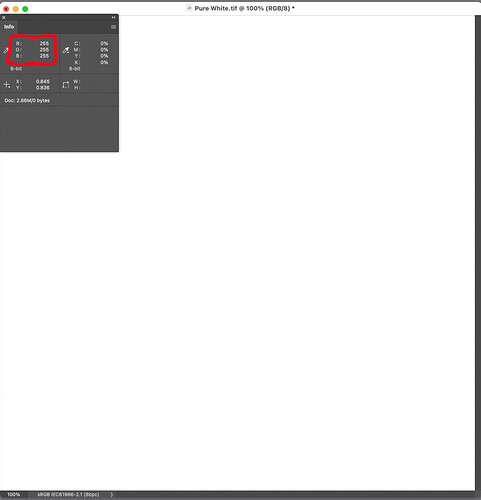[Moderated]
Why should we avoid reading anything from a Ph.D with 40 years of experience with music, recording, playback and all the mediums like cd, dvd, bluray, sacd, … Is that just because he tells the truth about mqa [Moderated]?
Some background :
Mark Waldrep, aka Dr. AIX, has been producing and engineering music for over 40 years. He learned electronics as a teenager from his HAM radio father while learning to play the guitar. Mark received the first doctorate in music composition from UCLA in 1986 for a “binaural” electronic music composition. Other advanced degrees include an MS in computer science, an MFA/MA in music, BM in music and a BA in art. As an engineer and producer, Mark has worked on projects for the Rolling Stones, 311, Tool, KISS, Blink 182, Blues Traveler, Britney Spears, the San Francisco Symphony, The Dover Quartet, Willie Nelson, Paul Williams, The Allman Brothers, Bad Company and many more. Dr. Waldrep has been an innovator when it comes to multimedia and music. He created the first enhanced CDs in the 90s, the first DVD-Videos released in the U.S., the first web-connected DVD, the first DVD-Audio title, the first music Blu-ray disc and the first 3D Music Album.
So he’s quite an expert, and sorry but I believe an expert with 40 years of experience more than some mqa marketeers that still don’t want to admit mqa is lossy and call it “more efficiently packing”.
Since mqa marketeers like it visual, well here is a good comparison between mqa and jpeg.
When you save a jpeg in photoshop you can choose the compression rate, the mqa encoder does similar things.
Similarities with an mqa encoder :

small file = MQA-CD = high compression = low quality

large file = 24b MQA = low compression = high quality
When you save a lossless TIFF as a JPEG, a perfect white pixel with RGB value (255 255 255) might become (250 250 255). Almost white, but not white.
And if you increase the compression rate, the file gets smaller, but the picture gets blurred.
Like JPEG, MQA is lossy. The smaller the JPEG/MQA file, the higher the compression rate, the more it blurs the resulting picture/track.
There are dozens more sources showing mqa is lossy.
That’s also what I hear. PCM is much more detailed and crisper, more natural, and it IS what the artist intended, as MQA is a post process always starting from a digital file.
Here another article stating mqa is lossy from 2016
and also mentioning aliasing artefacts… (= mqas weak filter)
https://cbenchmarkmedia.com/blogs/application_notes/163302855-is-mqa-doa
It’s perfectly fine if you want to avoid these sources and stop commenting on them so admins don’t have to jump in all the time. I share that feeling. Like it is perfectly fine for others to share and read those sources as they might find confirmation of what they are experiencing with mqa and why a regular pcm still seems better for them. It’s a free world. If we all were thinking the same it would be a sad world, and I noticed mqa is trying really hard to make that happen. I don’t want such a sad world.






